Adrian Chmielarz
Developer
- Joined
- May 5, 2013
- Messages
- 6
Adrian Chmielarz why is Dear Esther more important than Loom? A game which came out 22 years before hand, features solid story telling, no killing from the main character, and actually lets the player do things in the gameworld instead of just walk from place to place? Or what about the reams of text adventures made in the 80s?
This a great question. Let me elaborate.
Dear Esther is more important to me possibly because I have not played Loom. Now, I did play every other LucasArts adventure. Multiple times. Finished Atlantis about five times, Monkey Islands about ten times, etc. However, for a reason that escapes me now (it was 23 years ago...) I didn't get into Loom. Or hell, maybe I played it and just don't remember.
But still, even though I am about to hunt the game down today, Loom was, I assume, a game. Dear Esther was the second notgame I've encountered (the first was The Freedom Bridge), but the first to open the entire notgame movement to me, with their manifesto at http://notgames.org/blog/2010/03/19/not-a-manifesto/
Research that Dear Esther triggered made me realize that the questions I had in the back of my head for years, and always kind of ignored, maybe very well be valid and worth attention.
Now, to be 100% clear: Ethan Carter is *not* a notgame. I have nothing against notgames or linear almost-notgames like To the Moon or challenge-less games like Journey or interactive movies like The Walking Dead - there is a place for everyone. But Ethan Carter *is* a game, it's just that it focuses on maximizing immersion, engagement and sense of presence (or, to be more precise, tries to minimize the damage to the aforementioned) through various techniques, some of which owe a lot to the notgames movement.
As for Interactive Fiction, yes, I use a lot of what they have to offer as well. I think that text adventures have zillions of problems, but they have, at the very least, this one amazing thing that I'm - to a certain extend - trying to emulate. That motherfucking blinking text cursor, waiting for your input. It's a promise like no other: DO WHATEVER. You are free, you can do anything, just tell me what you want. Now, we all know that this promise and the actual experience are two very different things ("TELL THE GNOME TO FUCK OFF", "I do not understand TELL"), but the *idea* is powerful.
That was my quote. To try and drag this on a subjective level doesn't work, sorry. You said: "[...] to me, that's one of the most important games in the history of gaming". The "history of gaming" is a general concept, something you find on Wikipdedia, not a personal one. Only your specific placement of the game there is subjective. You put it on a pedestal. That's what I pointed out. Perhaps you meant something different, like your own gaming history, but that's not what you said.
No, you're right. It is *my* opinion, and the game is important *to me*, but I still believe it *objectively* is an important milestone. I mean, you can hate it all you want (and trust me, right after I finished it, I was ready to use words that would make even the most hardcore of you blush), but it is a fact that this game is now an important part of gaming history.
Why is it important? It is an extremely successful shortgame. It is the first notgame to offer AAA-quality audio-visual skin. It is a point of reference is myriads of talks, both designers and gamers. The paradox is that even those who hate is use it as the point of reference. No many say "bullshit like Proteus" or "the idiots who loved The Path". These games are important, but it is Dear Esther which made more of an impact. That's why a lot of people keep bringing it up.
But, one more time - please note I say "important". I never say it's "one of the best games in history".
Most of the time it is, indeed, like this. But that's what the entire drama is about. Some people believe we'll never marry the two. I believe we can. But it's damn fucking hard, because not many were really trying these last 30 years (including me) and there's a shitload we still don't know about games. So, as I said, it is kind of terra icognita. We know we can have amazing story experiences when we reduce gameplay (Journey, TWD, To the Moon) or we can have amazing gameplay experiences when we get our mechanics right and put them on a pedestal (Doom, Diablo 1/2). Now let's keep trying to fuse the two. And we see glimpses of what's possible in games like Shadow of the Colossus, but still something's off. I am not saying Ethan Carter will solve this (it will not), but we are in fact trying to add *something* to the discussion.An excellent story usually makes for bad RPGs, as it's more or less a railroad to get the story across. A good RPG has more or less an incidental story that's written by the actions of the "hero(es)", but this is often enough mediocre at best. Planescape Torment is revered for its story, not for its gameplay. Fallout 1 is cherished for its gameplay, not for its story. It's most of the time a trade-off.
This ...is ...actually quite accurate. It won't be perfect. We won't have the entire story told exclusively through player's interaction with the world, but we are indeed (at least that's the status for today) trying to never use a cut-scene and tell the story with full player's engagement. Sorry to sound vague atm.Since most people in this thread are apparently unable to read, let me point out that Adrian Chmielarz did not say that the game would have qte's, or that it would be a movie. In fact, considering that he and Thomas Grip think so alike when it comes to gaming, you can be pretty sure that the game will not have cutscenes. What he is trying to do is make a game where the player plays the story, instead of watches it. If you actually disagree with him on that, and you would prefer games that use cutscenes rather than gameplay to tell the story, then you are an idiot.
Again, I don't think cutscenes are inherently bad - gief second season of TWD right now - but we're trying something else here.
See, here is where we differ. I could not care less whether I have experienced an old school game, a cyberdrama, an interactive drama, a notgame, or whatever the fuck. I only care whether I had "fun" (enjoyed it, was engaged, was moved, etc. etc.) or not. I don't give a rat's ass what to label this experience. HOWEVER...Chmielarz extolls the virtues of To The Moon, which is a good story, but a very bad game
...while this can be awesome, I do believe it's NOT effective in getting the MOST out of the medium. So yeah, I agree with you. We know this can be good, but I suspect this is just scratching the surface. It offers immersion, but not engagement, and rarely sense of presence. I'm looking for ways to combo the three. One more time: we're just trying. It's our own first step. I'm sure that with Ethan Carter we will *not* arrive at the destination, where the story is indistinguishable from the gameplay. But I do think it's worth knocking at that door.The player can walk around the world and click on items to initiate scripted events?






 I'd brofist this if I could.
I'd brofist this if I could.
![Glory to Codexia! [2012] Codex 2012](/forums/smiles/campaign_tags/campaign_slushfund2012.png)

















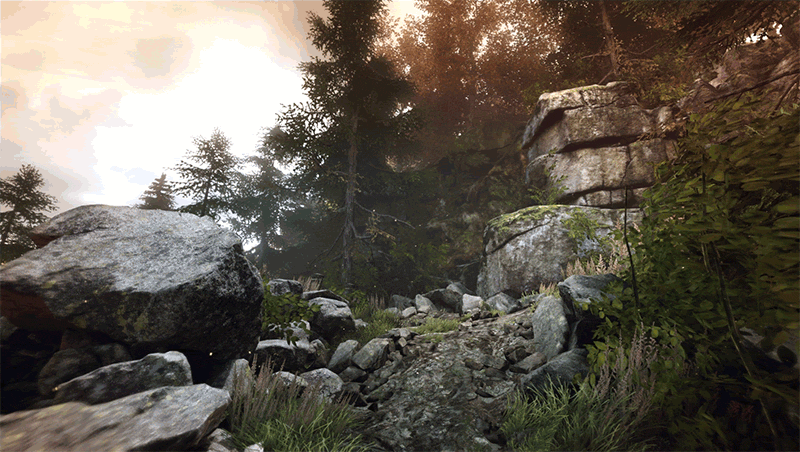
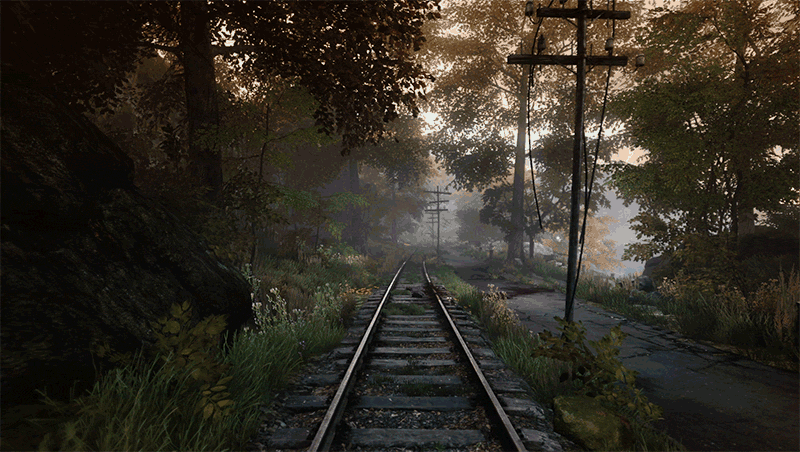
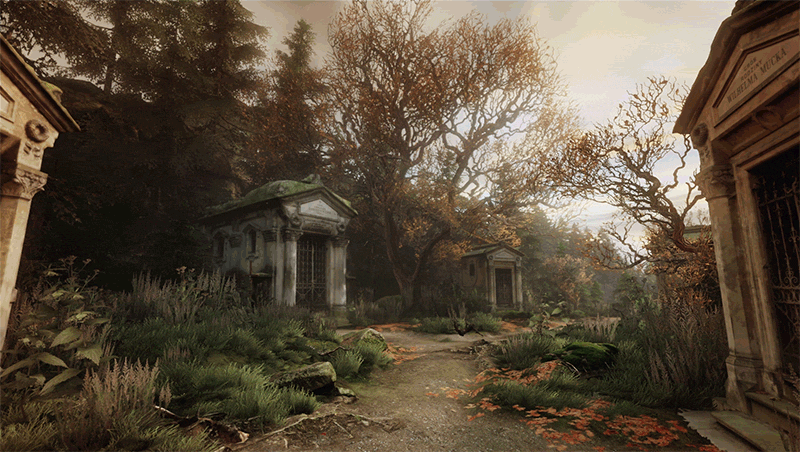
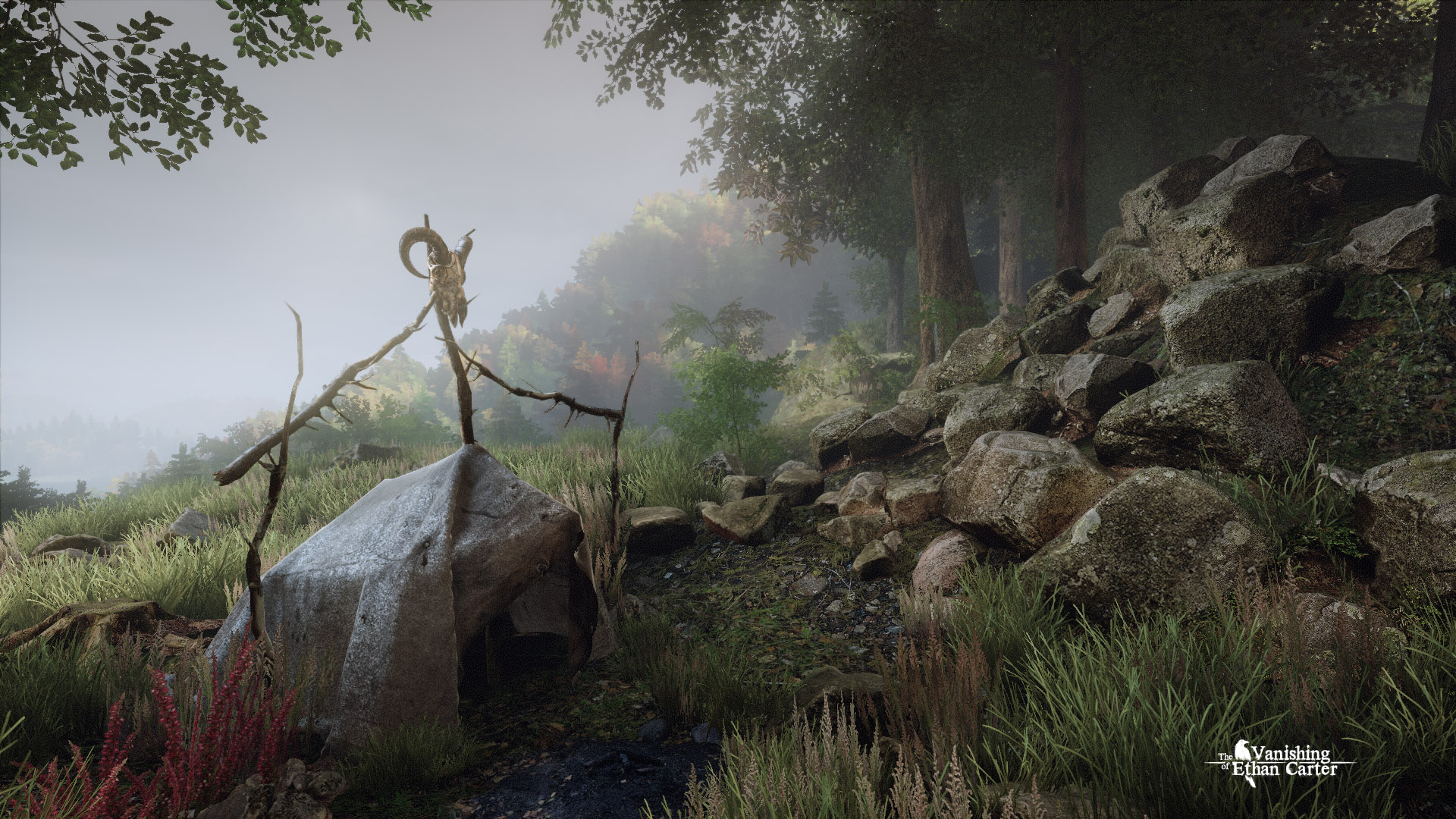
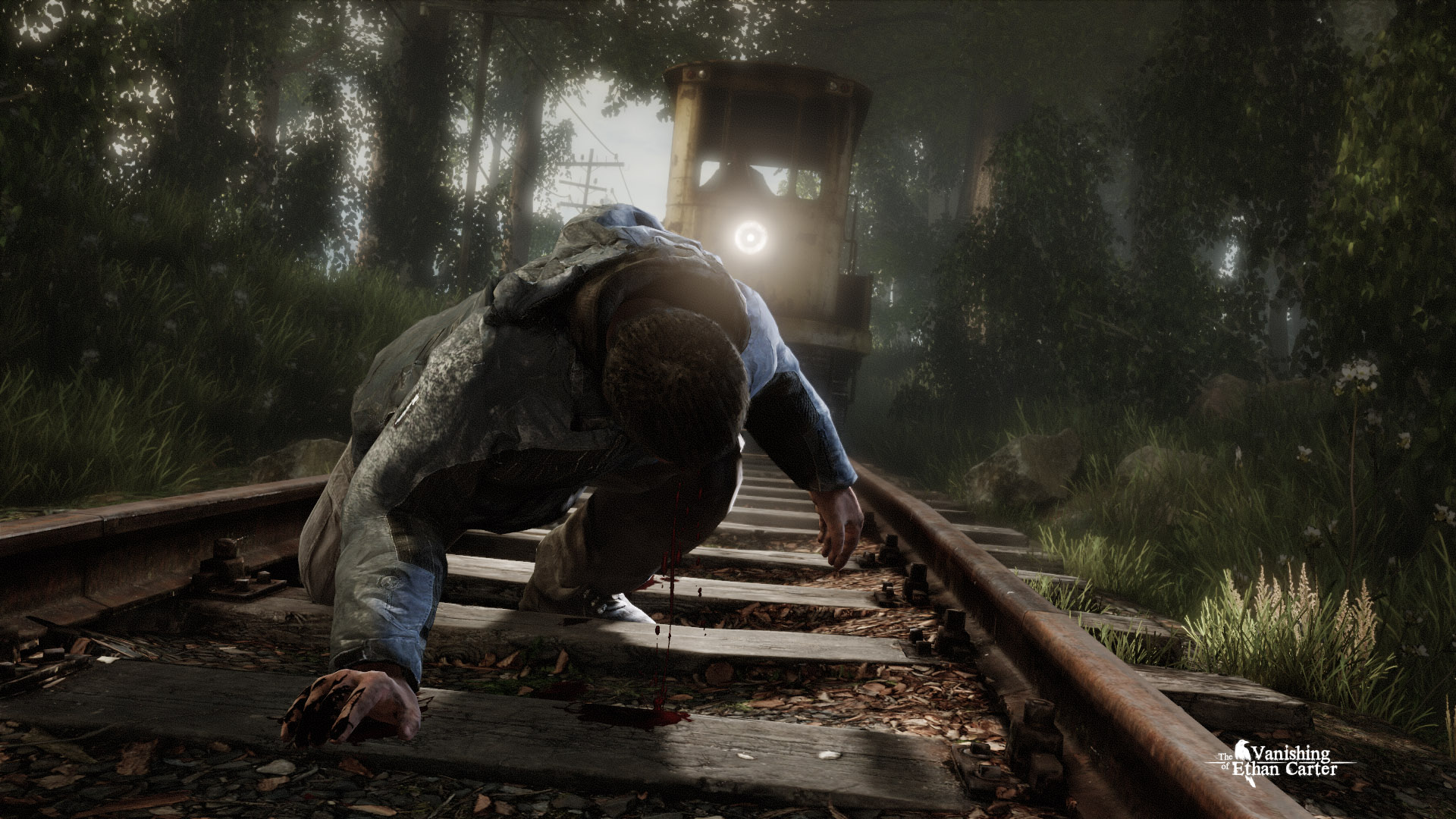
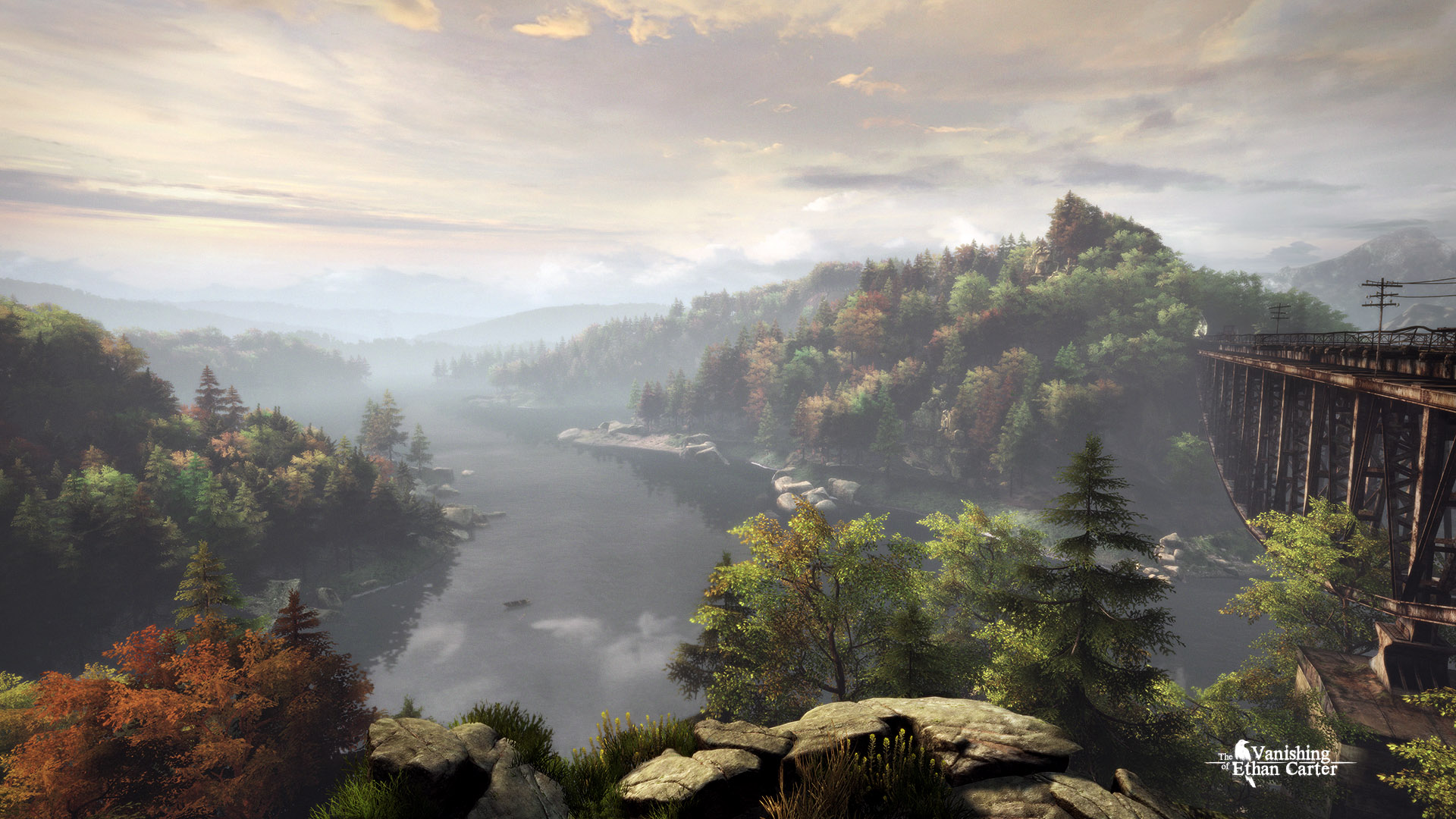
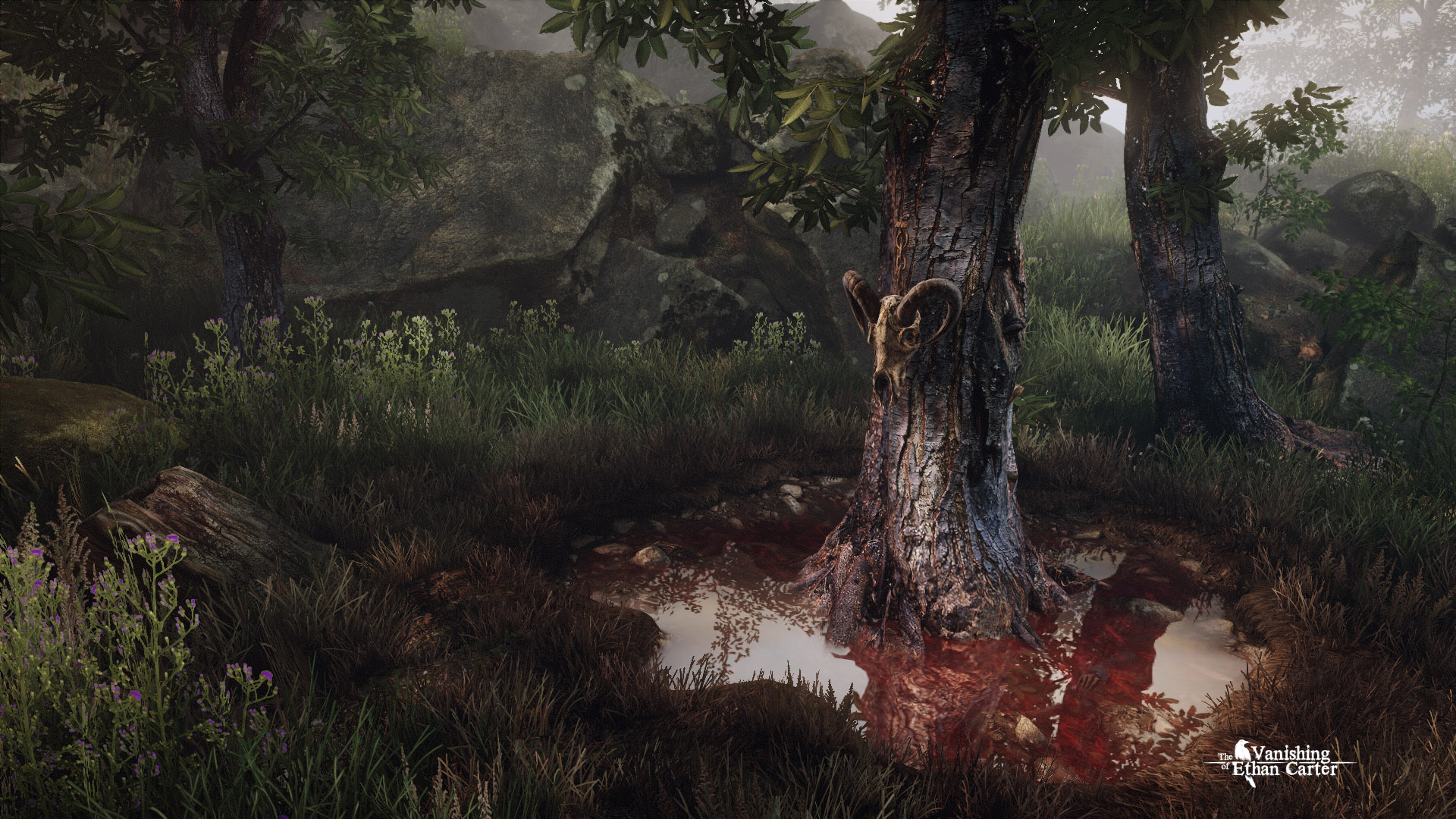

 ?
?

